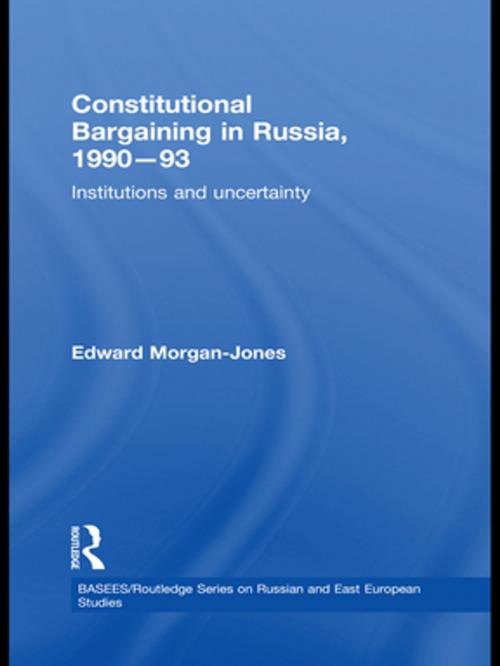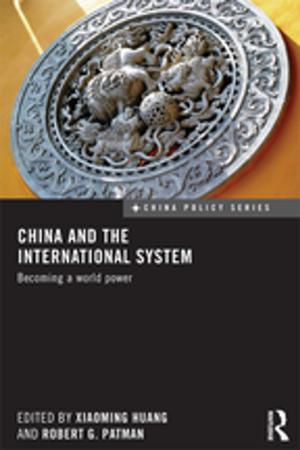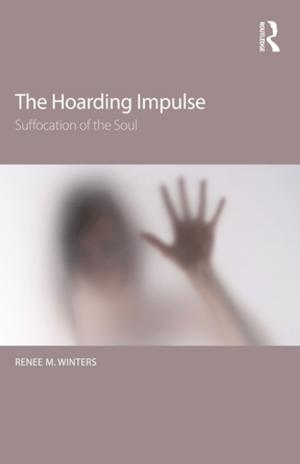Constitutional Bargaining in Russia, 1990-93
Institutions and Uncertainty
Nonfiction, Social & Cultural Studies, Political Science, International, Foreign Legal Systems, Politics, Practical Politics, Social Science, Cultural Studies, Ethnic Studies| Author: | Edward Morgan-Jones | ISBN: | 9781135171797 |
| Publisher: | Taylor and Francis | Publication: | February 25, 2010 |
| Imprint: | Routledge | Language: | English |
| Author: | Edward Morgan-Jones |
| ISBN: | 9781135171797 |
| Publisher: | Taylor and Francis |
| Publication: | February 25, 2010 |
| Imprint: | Routledge |
| Language: | English |
The years 1990-93 were a critical moment in Russia’s political development. This book provides a systematic explanation of outcomes of constitutional bargaining processes in Russia, which radically reshaped the institutions of the Russian state: removing Russia from constitutional subordination to the Soviet Union in 1990; creating a presidency and a constitutional court in 1991; and restructuring the relationship between the central state and its component federal units with the passage of three Federal Treaties in 1992. The book explores the reasons for these outcomes and identifies why there were consistent delays to the passage of a new Russian constitution as well as why negotiations eventually broke down.
The book assesses the plausibility of different theoretical approaches to constitutional choice and argues that the role of uncertainty (and politician's strategic responses to uncertainty) in shaping constitutional outcomes has been under-explored by rational choices approaches to constitutional bargaining. Using a rich set of source materials - including roll call votes, parliamentary records, unpublished parliamentary and constitution commission documents, Russian newspapers - the book provides a detailed study of Russian politician's decision making about constitutional choices. It is a valuable resource to those interested in Russia and post-communist politics, the origins of political institutions, comparative government, democratisation and development studies.
The years 1990-93 were a critical moment in Russia’s political development. This book provides a systematic explanation of outcomes of constitutional bargaining processes in Russia, which radically reshaped the institutions of the Russian state: removing Russia from constitutional subordination to the Soviet Union in 1990; creating a presidency and a constitutional court in 1991; and restructuring the relationship between the central state and its component federal units with the passage of three Federal Treaties in 1992. The book explores the reasons for these outcomes and identifies why there were consistent delays to the passage of a new Russian constitution as well as why negotiations eventually broke down.
The book assesses the plausibility of different theoretical approaches to constitutional choice and argues that the role of uncertainty (and politician's strategic responses to uncertainty) in shaping constitutional outcomes has been under-explored by rational choices approaches to constitutional bargaining. Using a rich set of source materials - including roll call votes, parliamentary records, unpublished parliamentary and constitution commission documents, Russian newspapers - the book provides a detailed study of Russian politician's decision making about constitutional choices. It is a valuable resource to those interested in Russia and post-communist politics, the origins of political institutions, comparative government, democratisation and development studies.















